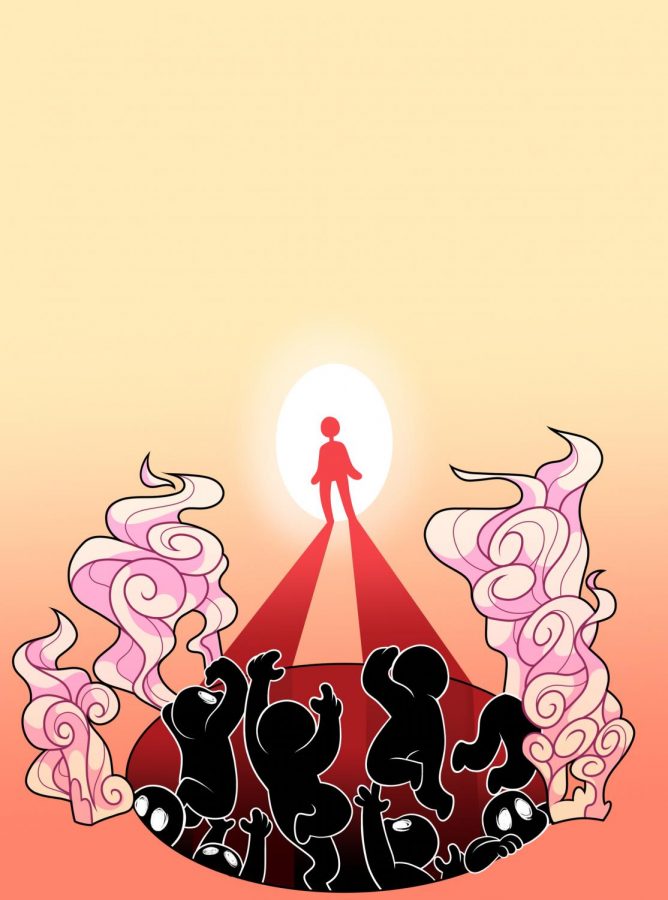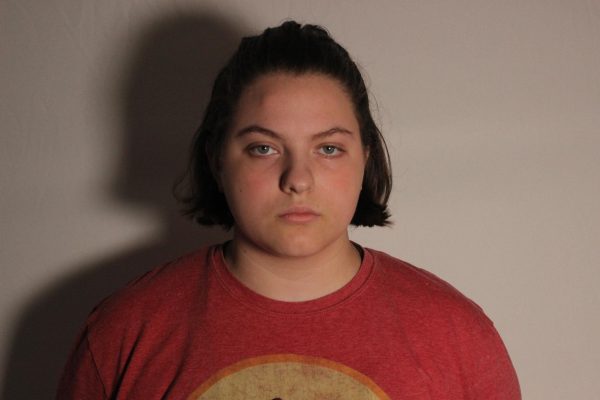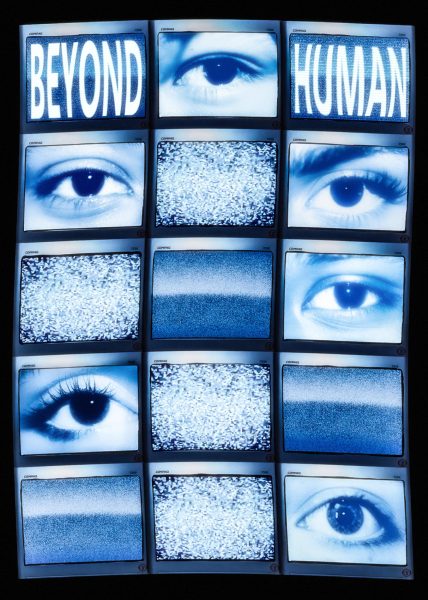Do you hear them?
How I learned to control the voices
“I had smacked belly-first into the metaphorical hole of my despair. Into its dark, rock bottom.”
I knew I wanted to be a teacher when I started to play ‘classroom’ with Grandpa, who would be my student “Brian.” I tore pages out of my elementary school textbooks, assigning fake homework for him. I would also write short stories to pass the time. But writing — and reading — didn’t come easy for me.
My b’s would look like d’s and g’s would come out as 6’s. This was an internal struggle that I’ve grown up with, my dyslexia.
As I became older, voices started to haunt me:
“No one cares. You aren’t loveable.”
My mind became a prison, one I didn’t know how to escape. Reminding me of my struggle.
I couldn’t escape the shouts from my mother when she drank. Couldn’t stop the voice that echoed off the walls of my mind. Over the years, the voices became quiet. I learned how to ignore them.
Does anyone care?
During my junior year, I was ready for whatever life was going to throw at me. I served the yearbook staff as a copy editor. I zipped around the room answering questions the fresh staffers had to ask.
I felt helpful and that I belonged. But in the quiet of my car when I drove home, the voices returned.
“You can’t read, how are you supposed to edit copy? You’re not good enough.”
I’d forget the trouble when I stepped into class though. I laughed and shared jokes with my staffers. Helped them figure out what headlines to write. Hearing my name called, I came to their rescue. I was happy.
Day after day, the yearbook room became an escape and my sanctuary.
Until, it wasn’t.
I could hear the silent whispers of my peers creep up on me. I felt the animosity from my fellow editors on my back. My work was slacking. I was too focused on my personal life. The skills I thought I had were out bested by my rival.
As I slacked, they voices persuaded me, choked me.
“They know you’re not good enough. They’re so much better than you.”
The voices echoed in the concrete walls of my head. I felt like I was trapped and falling at the same time.
Things came to a snapping point in late October. I traveled to a convention with my class. I was excited and ready to learn. The cityscapes were beautiful against sun-kissed skies.
But the next day, I sat in my competition room, minutes before I had to write a feature story, biting my nails, heart beating fast.
I listened to the speaker, hanging on every word they said. Finding out who this person really was. Trying to formulate the lead in my head.
But, it wasn’t enough. I scrambled after the interview was over, quickly writing what I thought was right. I ran out of time, losing the control I had under the time restraints.
I had failed. The time was up. I had only written a page.
I knew in the back of my mind that it wasn’t enough. What I had written was nothing compared to the people all around me.
And when it was time for the awards, I wasn’t surprised when I didn’t hear my name. But, I needed it — a piece of paper — to prove I was good enough.
“What did we tell you?” the voice echoed again. “You just aren’t good enough. How are you supposed to be a good copy editor if you can’t do this?”
I kept myself together only long enough to escape. “I’m going to the bathroom,” I said to the person sitting next to me, a person holding an award.
I felt myself recoil as I looked at myself in the convention center mirror. I could see the tears behind my eyes. And soon I felt them, too.
I walked through the crowded hallway back to my room, knowing I’ve spent too much time away. As I walked onto our floor, the orange and blue carpet of the hotel flashed its ugly patterns at me. I stared back at it with puffy, tear-stained eyes.
I could feel the entirety of my being breaking piece by piece as I realized what had happened. I had smacked belly-first into the metaphorical hole of my despair. Into its dark, rock bottom.
Is it white noise now?
Hitting rock bottom hurts. But I’ve learned something from it. You have to pick yourself back up. In the end, finding the bottom helped me.
I had to expose parts of myself I never wanted anyone to see.
In the darkness, the voices are sound that won’t go away. On my bad days, the voices are loud and drown out my confidence but I say to them, “You’re just sound.” And when my mind feels like a prison, I allow the voices to be drowned out by music. And when I don’t feel good enough, I tell myself that I am enough. That I don’t need validation from others to feel like I’m enough.






